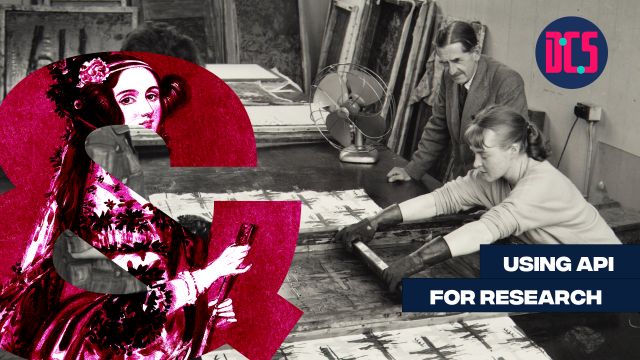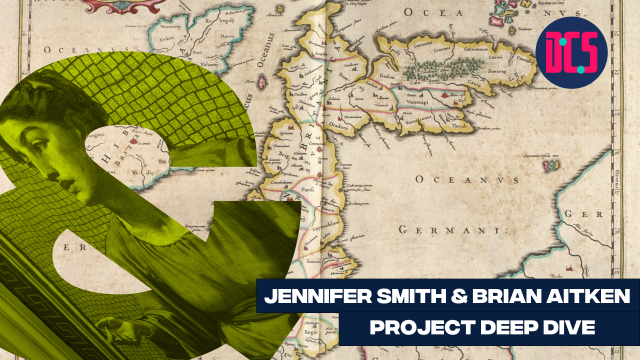Getting Started with Inferential Statistics

In Person
Inferential statistics aims to draw conclusions from a sample of data. This typically involves specific hypotheses that you believe might explain the data. This training will introduce you to the framework of null hypothesis testing, a simple test of mean differences (t-test), p-values, what they really mean and how to adopt them in your research.
This course will be taught by Ponrawee Prasertsom and Chris Oldnall.
After taking part in this event, you may decide that you need some further help in applying what you have learnt to your research. If so, you can book a Data Surgery meeting with one of our training fellows.
More details about Data Surgeries.
Those who have registered to take part will receive an email with full details on how to get ready for this course.
If you’re new to this training event format, or to CDCS training events in general, read more on what to expect from CDCS training. Here you will also find details of our cancellation and no-show policy, which applies to this event.
Level
This workshop requires the following pre-knowledge:
- Familiarity with descriptive statistics, minimally: mean, standard deviation and variance. This can be obtained via the CDCS course “Getting Started with Descriptive Statistics”.
- Minimal working knowledge of R, and RStudio. Ability to use the dplyr pipe (%>%), mutate(), filter(), and summarise() is beneficial but not required. This base can be obtained via the CDCS course “Getting Started with R for Research”
Learning Outcomes
- Explain and critique the conceptual basis of null hypothesis significance testing.
- Interpret and evaluate p-values within the context of statistical inference.
- Conduct and report on a t-test in R.
Skills
By attending this course, you will familiarise yourself with the following skills.
- Critical evaluation skills for interpreting and assessing research that uses hypothesis testing.
- Programming skills in R for performing and interpreting hypothesis tests.
Explore More Training
- BYOD (Bring Your Own Data) Fest
- A Pipeline for Data Wrangling and Manipulation with R
- Getting Started with Descriptive Statistics
Return to the Training Homepage to see other available events
Room 4.35, Edinburgh Futures Institute
This room is on Level 4, in the North East side of the building.
When you enter via the level 2 East entrance on Middle Meadow Walk, the room will be on the 4th floor straight ahead.
When you enter via the level 2 North entrance on Lauriston Place underneath the clock tower, the room will be on the 4th floor to your left.
When you enter via the level 0 South entrance on Porters Walk (opposite Tribe Yoga), the room will be on the 4th floor to your right.









